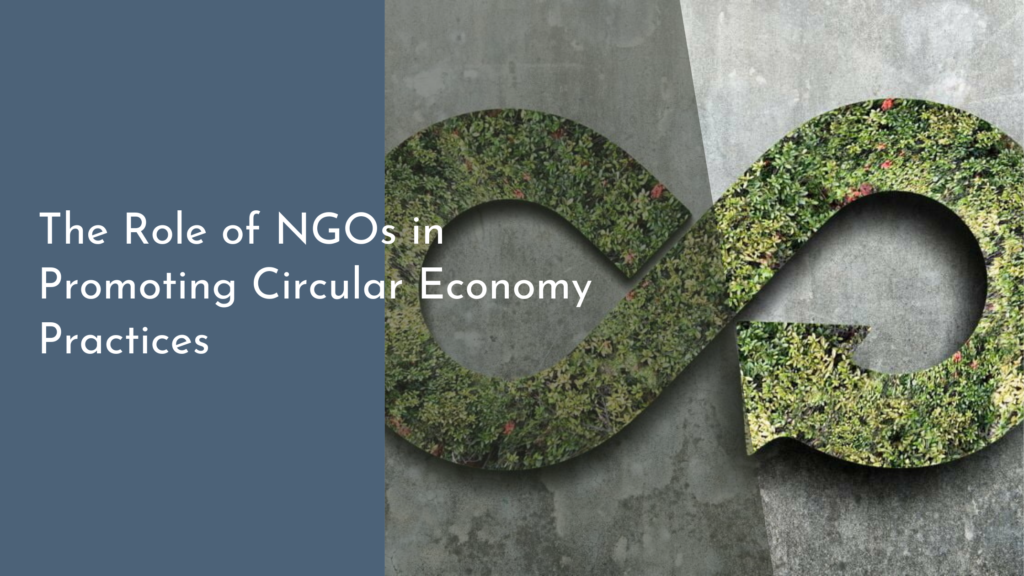Sustainable Water Management in Developing Countries
Water is the source of life, yet its accessibility is one of the most pressing challenges in developing nations. With growing populations, urbanization, and the impacts of climate change, the stress on water resources in these regions is intensifying. Sustainable water management has become crucial for survival and development. This article delves into the water challenges faced by developing countries, explores innovative conservation strategies, celebrates success stories from across the globe, and distills key takeaways for a sustainable future.
Understanding Water Challenges in Developing Nations
Many developing countries struggle with both water scarcity and water quality. Limited infrastructure and lack of investment mean that millions of people lack access to clean and safe drinking water. Seasonal variations and climate change exacerbate these issues, leading to periods of severe drought or devastating floods which can both limit water availability and damage the existing water infrastructure. The challenge is not only to provide water but to manage it sustainably.
In addition to physical scarcity, economic water scarcity is a critical problem where water is available, but not accessible due to lack of technology or financial resources. This scarcity disproportionately affects rural areas where water sources are often contaminated, further complicating delivery and sanitation processes. Addressing these dual challenges requires innovative management strategies and collaborative efforts from local governments, non-profits, and communities themselves.
Innovative Approaches to Water Conservation
Water-sensitive urban design (WSUD) is one approach gaining traction. This method integrates the urban water cycle, including stormwater, groundwater, and wastewater management into urban design to minimize environmental degradation and improve aesthetic and recreational appeal. In countries like Rwanda, rainwater harvesting and advanced agricultural practices reduce water wastage and increase efficiency in usage.
Another innovative solution is the use of solar-powered water pumps in rural communities. These systems are sustainable and cost-effective, enabling farmers to irrigate their fields without relying on erratic and expensive diesel-powered pumps. They also reduce the carbon footprint associated with traditional water extraction methods, aligning with global efforts to combat climate change.
Success Stories from Around the Globe
In India, the state of Gujarat has implemented the Sardar Sarovar Dam, which provides drinking water to millions of people and irrigates vast tracts of land. This project not only stabilized water supply but also introduced advanced irrigation methods that conserve water. Similarly, in Kenya, small-scale farmers are using drip irrigation technology which reduces water usage by up to 60% compared to traditional methods and has significantly increased crop yields.
Bangladesh presents a compelling case of community-led total sanitation (CLTS). This initiative focuses on building toilets and implementing proper sewage disposal mechanisms, significantly reducing waterborne diseases. By involving the community, the program has seen high levels of engagement and success, demonstrating the power of collective action in water management.
Towards a Sustainable Future: Key Takeaways
The key to sustainable water management in developing countries lies in innovation coupled with community engagement. Emphasizing local solutions and leveraging traditional knowledge can enhance resource management effectively. It is essential for policies to support scalable and sustainable technologies while providing the necessary training and resources to implement these solutions.
Furthermore, international cooperation and funding are crucial in amplifying the efforts of local governments and organizations. By learning from global success stories, developing nations can implement tailored solutions that address their unique water challenges, paving the way for a more sustainable and water-secure future.
As we reflect on the diverse challenges and innovative solutions highlighted in this article, it becomes evident that sustainable water management in developing countries is not only a goal but a journey. Every success story is a step towards a more sustainable world. With continued efforts, collaboration, and commitment, we can ensure that water, our most precious resource, is preserved and wisely managed for generations to come. Together, we move towards a water-wise future, full of hope and resilience.

